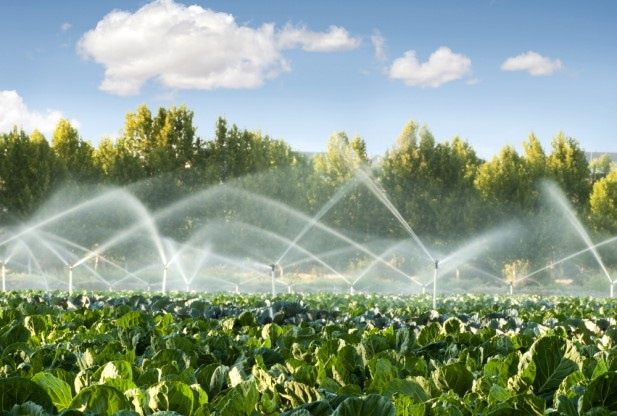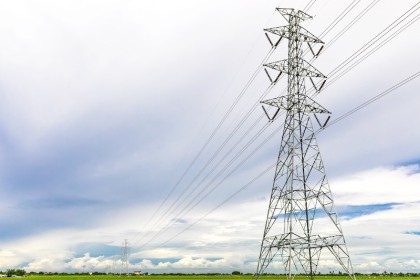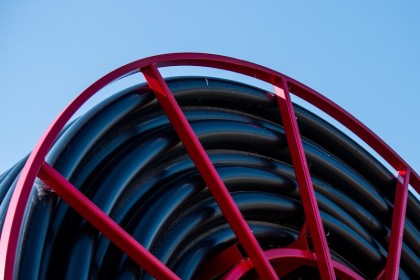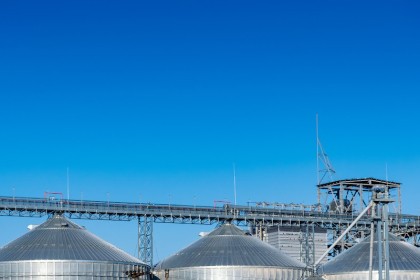
Farm Irrigation Systems in South Africa
Every farmer knows that a farm can only run optimally if it gets the right amount of water at the right time. This can be extremely labour-intensive when done manually, and can also result in mistakes due to human error. These mistakes can include over or under-irrigation and fertilizer wastage.
Thanks to modern technology, all of these issues can be alleviated with farm irrigation systems!
Benefits of Farm Irrigation Pump Systems
- Irrigation systems make it possible to grow crops more efficiently with improved yields.
- Systems take out the labour intensity that would come with manually watering the crops.
- It improves groundwater storage as water lost due to seepage adds to groundwater storage.
- It is used during periods of sparse rainfall to ensure crops do not fail.
- Irrigation keeps moisture in the soil, which is necessary for the germination of seeds.
- Irrigation is necessary for the absorption of mineral nutrients by the plants from the soil, assisting in crop development and health.
- It is important for the growth of the roots of the crop plants.
Farm Irrigation System Types
Choosing the right irrigation system is one of the most important steps in setting up a successful farming operation. The goal of all irrigation systems is to encourage sustainable plant growth whilst minimising soil erosion and water loss.
Surface irrigation
Also known as furrow irrigation, in this system the water moves over and across the land from pipes that are low on the ground and spread over wide areas. It does that by simple gravity flow to the wetland. Surface irrigation is suitable for a wide range of crops, especially row crops like corn, sunflower, sugarcane, and soybean.
Advantages of Surface Irrigation:
- Usually results in a higher yield
- Low installation cost
- Saves time and labour
- Saves money on water
Sprinkler irrigation
This is the most popular irrigation system. This is a more elevated irrigation system which delivers water in a fine spray through a series of pipes (typically above the crops). There are multiple sprinkler irrigation systems available. Micro sprinklers are particularly effective for tree crops. They are popular because they use less water and are cheaper to run.
Advantages of Surface Irrigation:
- Affordable and easy installation
- Allows even distribution of water
- Easy to cover large areas
Drip irrigation
Drip irrigation systems are commonly used for orchards and vineyards. They consist of a series of tubes with small holes in them, and they are aptly named as they drip water into the soil over long periods. They can be positioned above or below the surface of the soil.
Advantages of Drip Irrigation:
- Uses 30–50% less water than other systems
- Prevents soil erosion and nutrient runoff
- Continuous flow allows water to penetrate deep into the soil and down to the roots
- Controls fungal growth
- Easy to modify
Centre pivot irrigation
A centre-pivot irrigation system is self-propelled and works much like a sprinkler system. It’s typically much larger than the other irrigation systems, making it a popular choice for very large crops.
Advantages of Centre Pivot Irrigation
- Water is distributed evenly
- Covers large areas in a short period of time
- Prevents water runoff
- Operates at a lower pressure saving energy
Farm irrigation equipment can be implemented to assist with sustainable farming and valuable resource saving – from water to labour. Automated irrigation systems can help farmers focus on other matters while their systems do the watering and monitoring for them.
For the best farming irrigation equipment and other agricultural tools, visit our directory.












